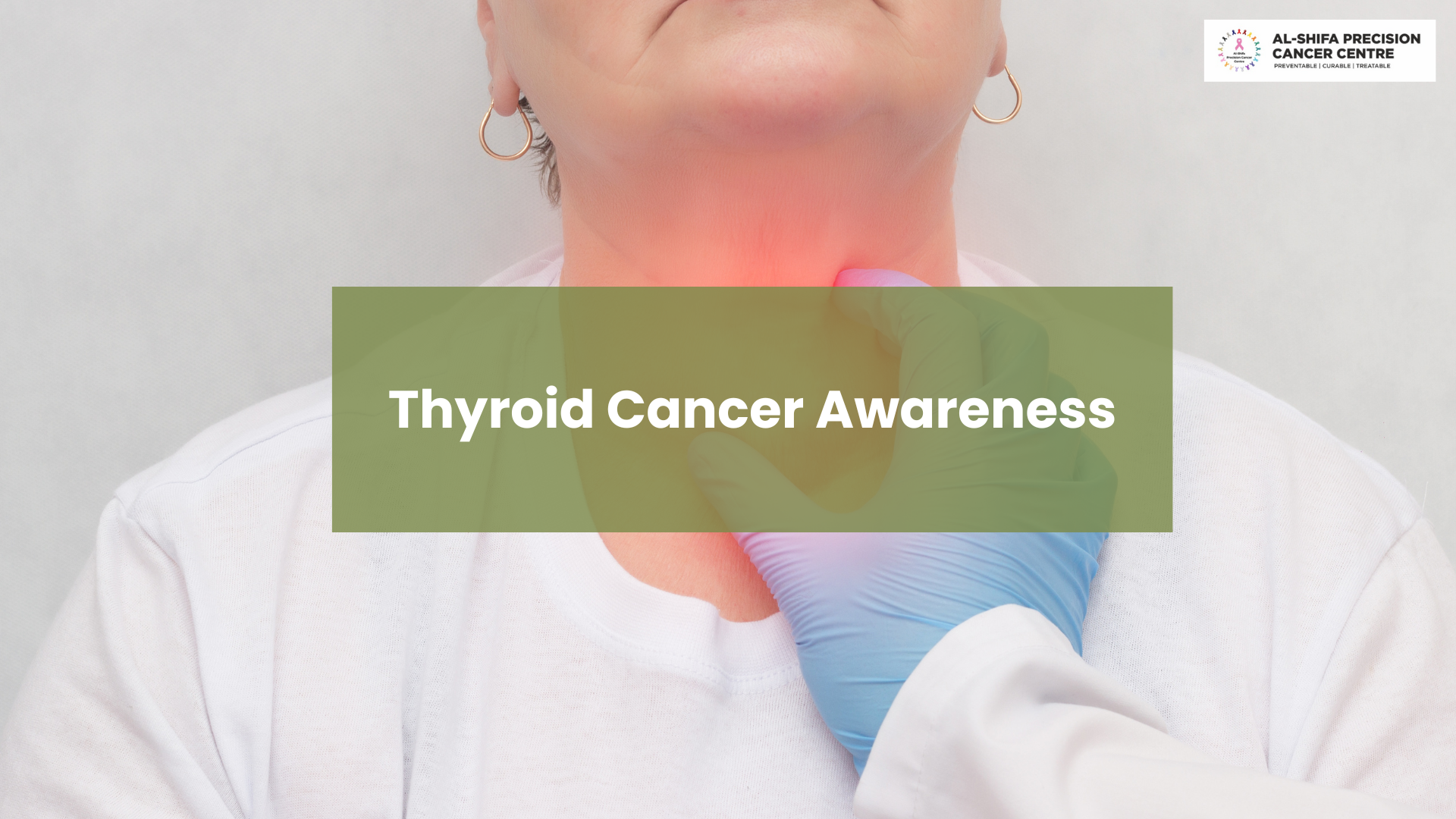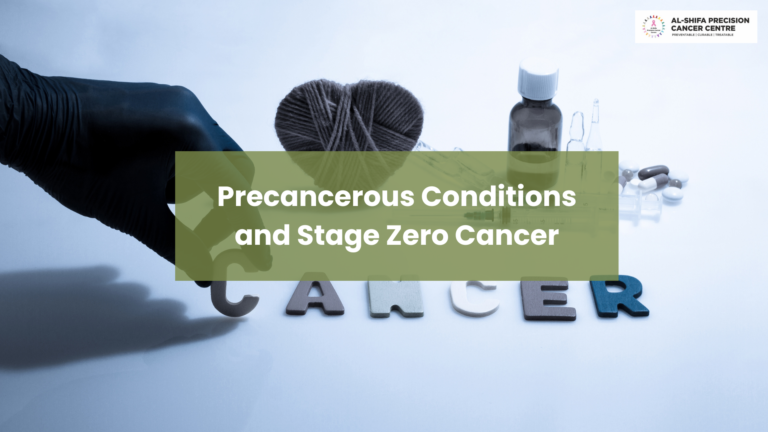Learn about thyroid cancer symptoms, causes, risk factors, and the importance of early detection. Stay informed to safeguard your health.
Introduction
Thyroid cancer is a growing concern worldwide, with cases steadily rising in recent years. This type of cancer affects the thyroid gland, a butterfly-shaped organ located at the base of your neck, which plays a critical role in regulating metabolism, heart rate, and body temperature. Awareness about thyroid cancer symptoms and early detection can make a significant difference in treatment outcomes.
What is Thyroid Cancer?
Thyroid cancer occurs when abnormal cells grow uncontrollably in the thyroid gland. While many cases are treatable, early diagnosis is key to effective treatment. The condition often presents no symptoms in its early stages, making regular check-ups essential.
Symptoms of Thyroid Cancer
Early detection can save lives. Look out for these common symptoms:
- A lump or swelling in the neck
- Persistent hoarseness or voice changes
- Difficulty swallowing or breathing
- Pain in the neck or throat
- Enlarged lymph nodes
If you notice any of these symptoms, consult a healthcare provider immediately.
Risk Factors for Thyroid Cancer
Understanding the risk factors can help you take preventive measures:
- Genetic History: Family history of thyroid cancer increases your risk.
- Radiation Exposure: Previous radiation treatments to the neck or head elevate the chances.
- Gender and Age: Women and individuals aged 25–65 are more commonly affected.
- Iodine Deficiency: A lack of iodine in your diet can contribute to thyroid problems.
Types of Thyroid Cancer
There are four main types of thyroid cancer:
- Papillary Thyroid Cancer: The most common and usually the least aggressive.
- Follicular Thyroid Cancer: Slightly more aggressive but still highly treatable.
- Medullary Thyroid Cancer: Can be hereditary and linked to genetic mutations.
- Anaplastic Thyroid Cancer: A rare and aggressive form, often challenging to treat.
Importance of Early Detection
Early diagnosis significantly improves the prognosis for thyroid cancer. Regular self-examinations and routine check-ups with a healthcare provider can detect abnormalities early. In many cases, treatment is straightforward and highly effective.
Preventive Measures
Although some risk factors are beyond control, you can take steps to reduce your risk:
- Maintain a balanced diet with adequate iodine levels.
- Avoid unnecessary exposure to radiation.
- Stay vigilant about thyroid health and report any unusual symptoms.
Treatment Options
Treatment for thyroid cancer varies based on the type and stage. Common treatments include:
- Surgery to remove part or all of the thyroid gland.
- Radioactive iodine therapy to target remaining cancer cells.
- Hormone therapy to replace thyroid function.
- Chemotherapy or radiation therapy for advanced cases.
Conclusion
Thyroid cancer awareness is crucial for early detection and effective treatment. By understanding the symptoms, risk factors, and prevention methods, you can take charge of your thyroid health. Spread awareness among your loved ones and encourage regular check-ups because early action saves lives.



